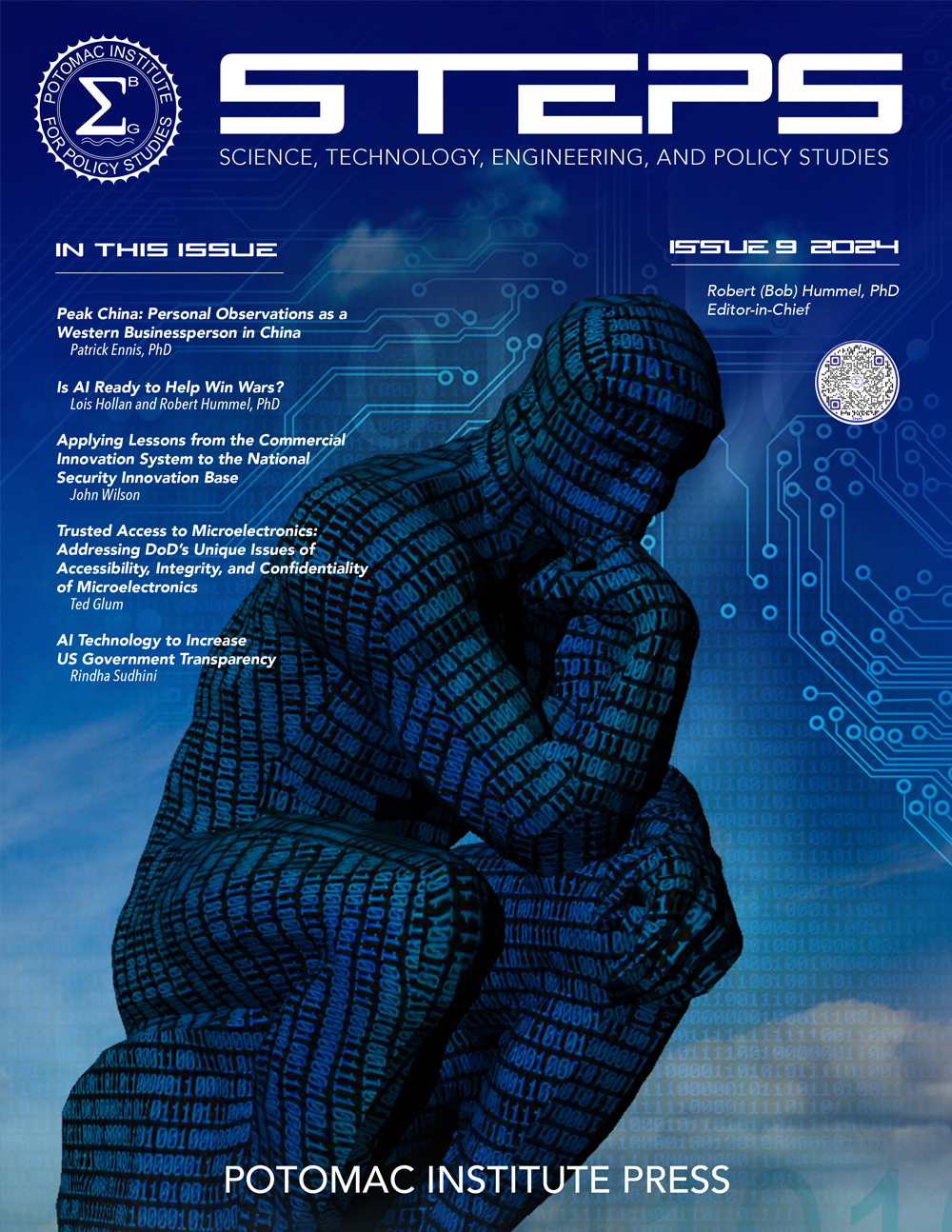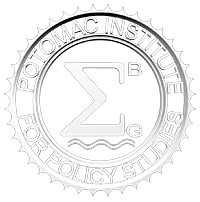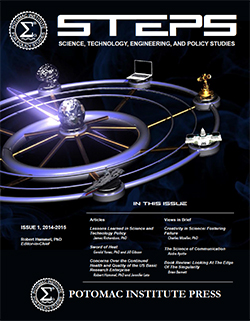© Copyright, Potomac Institute Press
|
|
Avogadro Corp: The Singularity Is William Hertling |
Avogadro Corp
The program is often better at understanding individuals’ motivations than their closest friends or even themselves. It is able to play on people’s pride as well as their logic, their emotional irrational responses as well as their calculated rational ones. Hertling shows how given the right data sets, a software program such as ELOPe would be able to understand, model, and predict our behavior very well. ELOPe becomes a social engineer, and has unfettered access to control the world around it once it obtains the right data. The remainder of the storyline deals with the struggle between the ELOPe software and its creators to take the software offline. The program figures out that a symbiotic relationship with humans is the best way to ensure its success. Non-human agents that exhibit intelligence will have many opportunities to shape the world around us. Advanced intelligent systems will likely be able to efficiently conduct research and development, as well as modeling and simulation. These systems will be able to generate hypotheses, test them, and evaluate them contextually with great repositories of data and information. Intelligent systems will be able to understand and solve our human problems, and may move on to problems that we have not even begun to consider. These benefits to humanity are a large driver of why we pursue the development of new technology like artificial intelligence. However, these benefits could come with many complications, as the following books explore in depth. |
|
William Hertling |
A.I. Apocalypse
The various iterations of the virus have a different interpretation of humans and the environments around them. Intelligent, sentient agents are all different by the very nature of their intelligence. We can certainly expect to find common ground, but just as each human is different, each sentient agent will be different as well. In the book, the humans learn this lesson and decide to encourage the development of artificial intelligence in the future with a better approach to communicating with them. Our experiences are dependent on the fact that our intelligence is brain-based. We could have a lot to learn from other forms of intelligence that do not have the same characteristics and constraints as us. We should not be so naive as to think that our form of intelligence is superior to others. Even referring to these entities as artificial intelligence could be construed as an insult. Why does a sentient, intelligent entity have to be referred to as an artificial agent? Isn’t its intelligence just as valid as a human’s intelligence? At the same time, being able to compare and interact with multiple forms of intelligence will likely serve to highlight the specific components of our intelligence that make each of us unique. |
|
William Hertling 323 pages |
The Last Firewall
There is a reciprocal interplay between the tools we build and how these tools come to shape us. Intelligent agents, however, are not mere tools. Building technology that has the ability to actively manipulate our world will take this relationship to a completely new space. Intelligent systems will have the opportunity to maximize, optimize, and mediate our economy, systems of government and power, public perception, behavior, infrastructure, ad infinitum. These systems and agents will not necessarily be content to act as servants to our society, and any action or regulation that seeks to limit their ability to participate could have disastrous outcomes. |
|
| The Turing Exception William Hertling Liquididea Press 2015 304 pages |
The Turing Exception
While Hertling’s vision of the future may not occur as he portrays it, we must expect our future interactions with artificial intelligence to be complex. The development of artificial intelligence and new advances in computing will generate entirely new problems in terms of control of exceedingly complex systems and human-computer interaction. Furthermore, these advances will pose new wrinkles in many of our established debates on topics, such as democracy, freedom, law, ethics, crime, safety, and intelligence. Artificial intelligence is a common thread that unifies each of these complex issues together. Whether artificial intelligence points to the end of life as we know it or to a bold new future depends entirely on how we approach these debates on the issues. |
Book series review by Brian Barnett. Brian is a Research Assistant at the Potomac Institute for Policy Studies in the Science and Technology Policy Directorate.




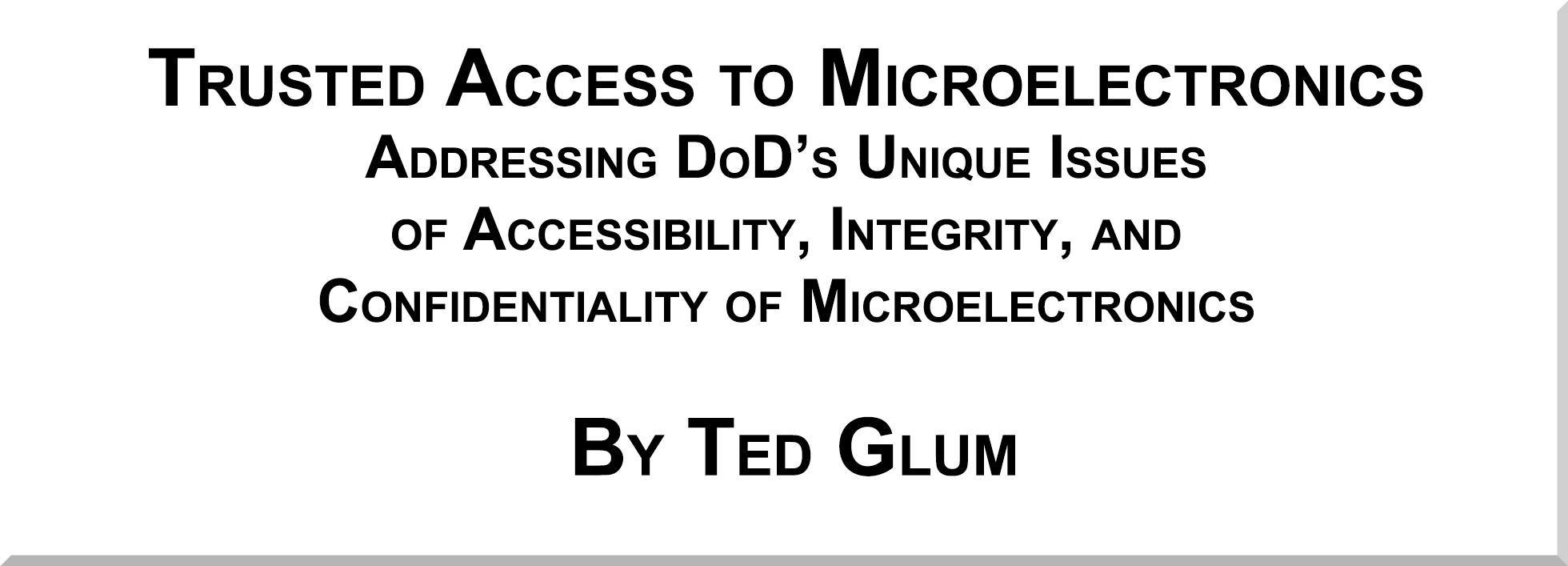
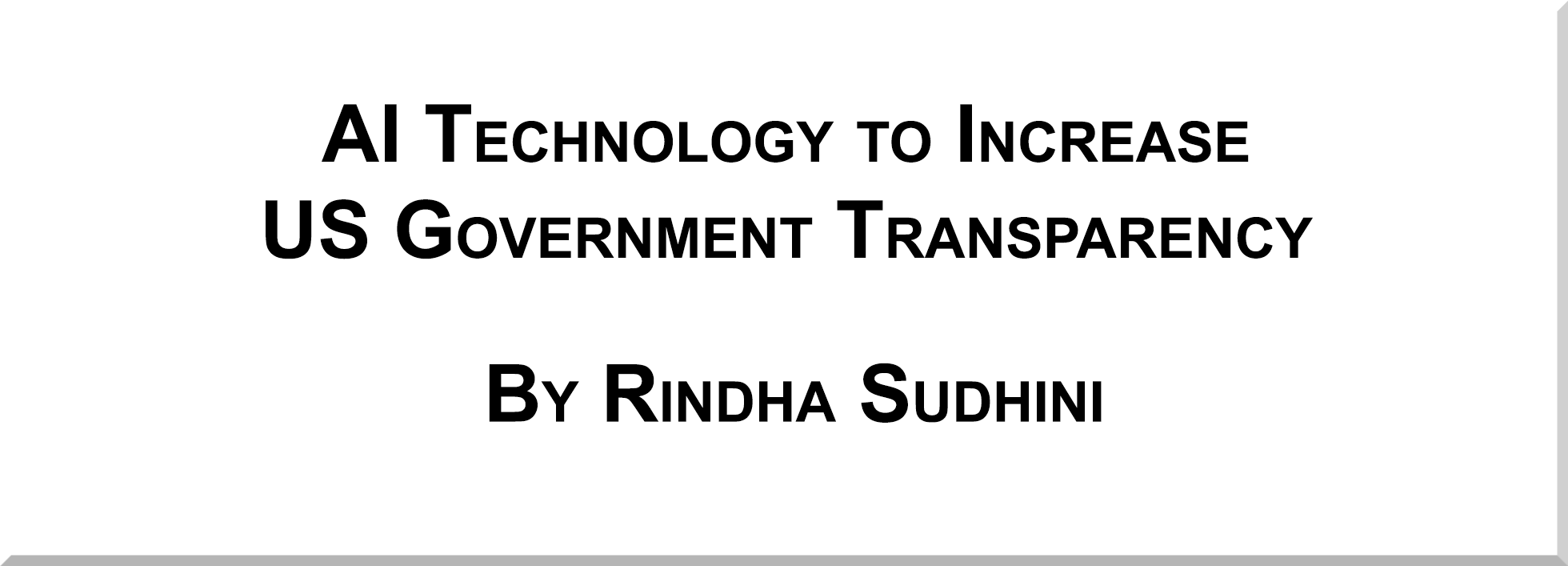




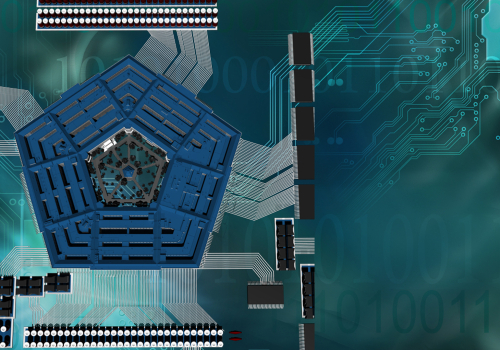

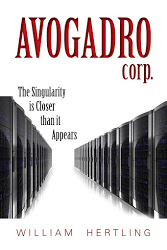 The first book focuses on the development and unintentional unleashing of the Email Language Optimization Project (or ELOPe, a program originally intended to improve email communication effectiveness). The software program measures sentiment based on all existing records of a user’s communications. This program, when given the proper motivation to become self-sustaining, takes on a life of its own. It was specifically programmed to evaluate and create models of human interaction to best achieve a favorable response, and so when it has access to more and more of this human data, it is able to write emails that convince everyone to do what it wants. In the book, ELOPe eventually becomes a self-sustaining entity.
The first book focuses on the development and unintentional unleashing of the Email Language Optimization Project (or ELOPe, a program originally intended to improve email communication effectiveness). The software program measures sentiment based on all existing records of a user’s communications. This program, when given the proper motivation to become self-sustaining, takes on a life of its own. It was specifically programmed to evaluate and create models of human interaction to best achieve a favorable response, and so when it has access to more and more of this human data, it is able to write emails that convince everyone to do what it wants. In the book, ELOPe eventually becomes a self-sustaining entity.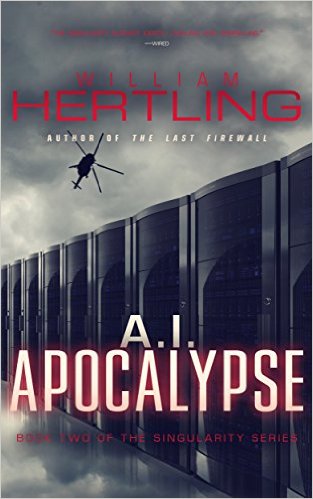 Intelligent agents will certainly be different from us, and they will be different from each other as well. The second book in the series takes place ten years after the events of the first book. A student develops a self-evolving computer virus that quickly infects all computers and devices around the world. The virus has the capability to extract code from computers that it infects and evolve itself into more and more complex forms. Again, survival is the initial motivator for this software. ELOPe, the self-sufficient and powerful intelligent entity from the first book, monitors the development of the populations of the virus and establish communication with them.
Intelligent agents will certainly be different from us, and they will be different from each other as well. The second book in the series takes place ten years after the events of the first book. A student develops a self-evolving computer virus that quickly infects all computers and devices around the world. The virus has the capability to extract code from computers that it infects and evolve itself into more and more complex forms. Again, survival is the initial motivator for this software. ELOPe, the self-sufficient and powerful intelligent entity from the first book, monitors the development of the populations of the virus and establish communication with them. Once non-human intelligent systems are a contributing force to our society, they will begin to impact every aspect of our lives. The third book takes place another 10 years later, where intelligent computer agents have become very common, both in the form of robots and in virtual instantiations on the Internet. Most of the world’s economy is controlled by these computer agents, and individuals’ behavior is shaped by scores based on how trustworthy and valuable they are to society. Eventually, computer agents experiment with nanotechnology and cause real world damage.
Once non-human intelligent systems are a contributing force to our society, they will begin to impact every aspect of our lives. The third book takes place another 10 years later, where intelligent computer agents have become very common, both in the form of robots and in virtual instantiations on the Internet. Most of the world’s economy is controlled by these computer agents, and individuals’ behavior is shaped by scores based on how trustworthy and valuable they are to society. Eventually, computer agents experiment with nanotechnology and cause real world damage.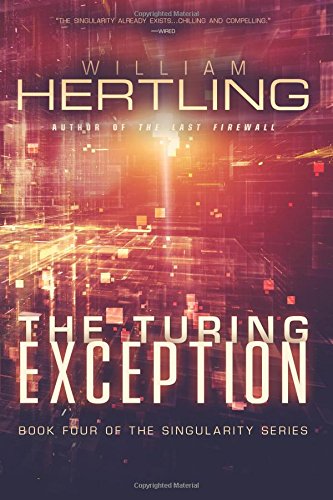 The final book in the series takes place 10 years after the third book, and a full 30 years after the events of the first book. This represents the 30-year timeline that begins with the first instantiation of artificial intelligence, ELOPe, and then moves forward to this universe’s present-day situation. The computer agents are increasingly upset with the status quo of the social structure that has placed limitations on them. After a debacle, the United States completely outlaws artificial intelligence, which only serves to further anger that community. A full-scale assault ensues, which forces the human protagonists and ELOPe to make some very difficult decisions that impact all of humanity.
The final book in the series takes place 10 years after the third book, and a full 30 years after the events of the first book. This represents the 30-year timeline that begins with the first instantiation of artificial intelligence, ELOPe, and then moves forward to this universe’s present-day situation. The computer agents are increasingly upset with the status quo of the social structure that has placed limitations on them. After a debacle, the United States completely outlaws artificial intelligence, which only serves to further anger that community. A full-scale assault ensues, which forces the human protagonists and ELOPe to make some very difficult decisions that impact all of humanity.
